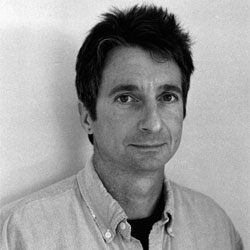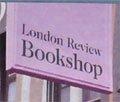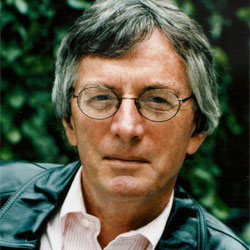Title: Poetry Seminar with August Kleinzahler
![]() Location: Claremont, California, US
Location: Claremont, California, US
Description: August Kleinzahler brings his often provocative understanding of the craft of poetry to the Claremont McKenna College during a month-long residency under the auspices of the Family of Benjamin Z. Gould Center for Humanistic Studies. His visit to campus includes a regular weekly seminar, Oct. 30-Nov.27, with interested students titled “Speed, Compression, Kablooey: Paris, New York and the New Poetries.”
Learn more here.
Date: November 6, 2012




